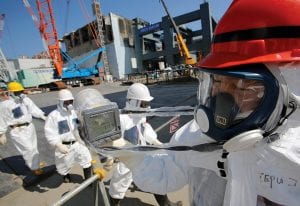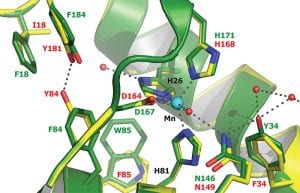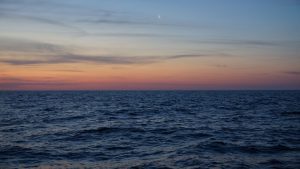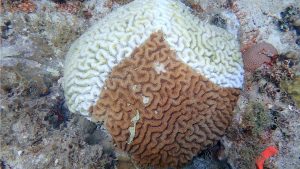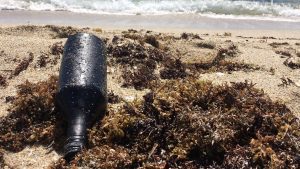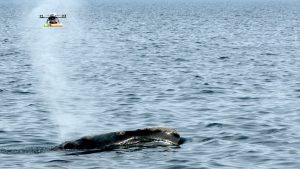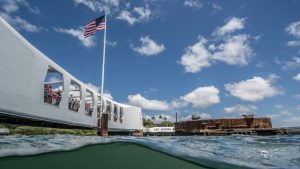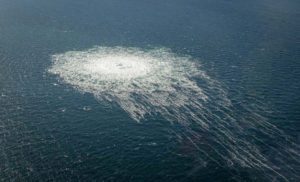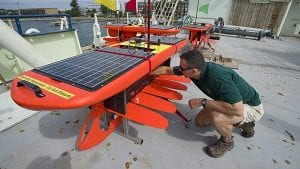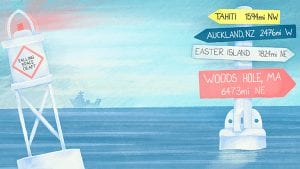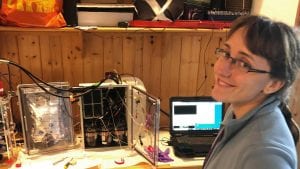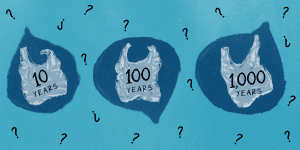Research Highlights
Oceanus Magazine
News Releases
A new paper argues that larger, longer studies with rigorous monitoring and clear safeguards are needed to accurately assess OIF as a potential long-term CO2 storage solution.
Coral reefs support more than 25 percent of all marine life and underpin the livelihoods of roughly one billion people globally.
Oil spill forensics reveal how plastic debris can carry petroleum pollution across entire ocean basins
A first of its kind study links drone-collected respiratory microbes with health assessments, offering hope for protecting vulnerable populations
The findings underscore the USS Arizona’s dual role as a solemn memorial and a “living laboratory.”


